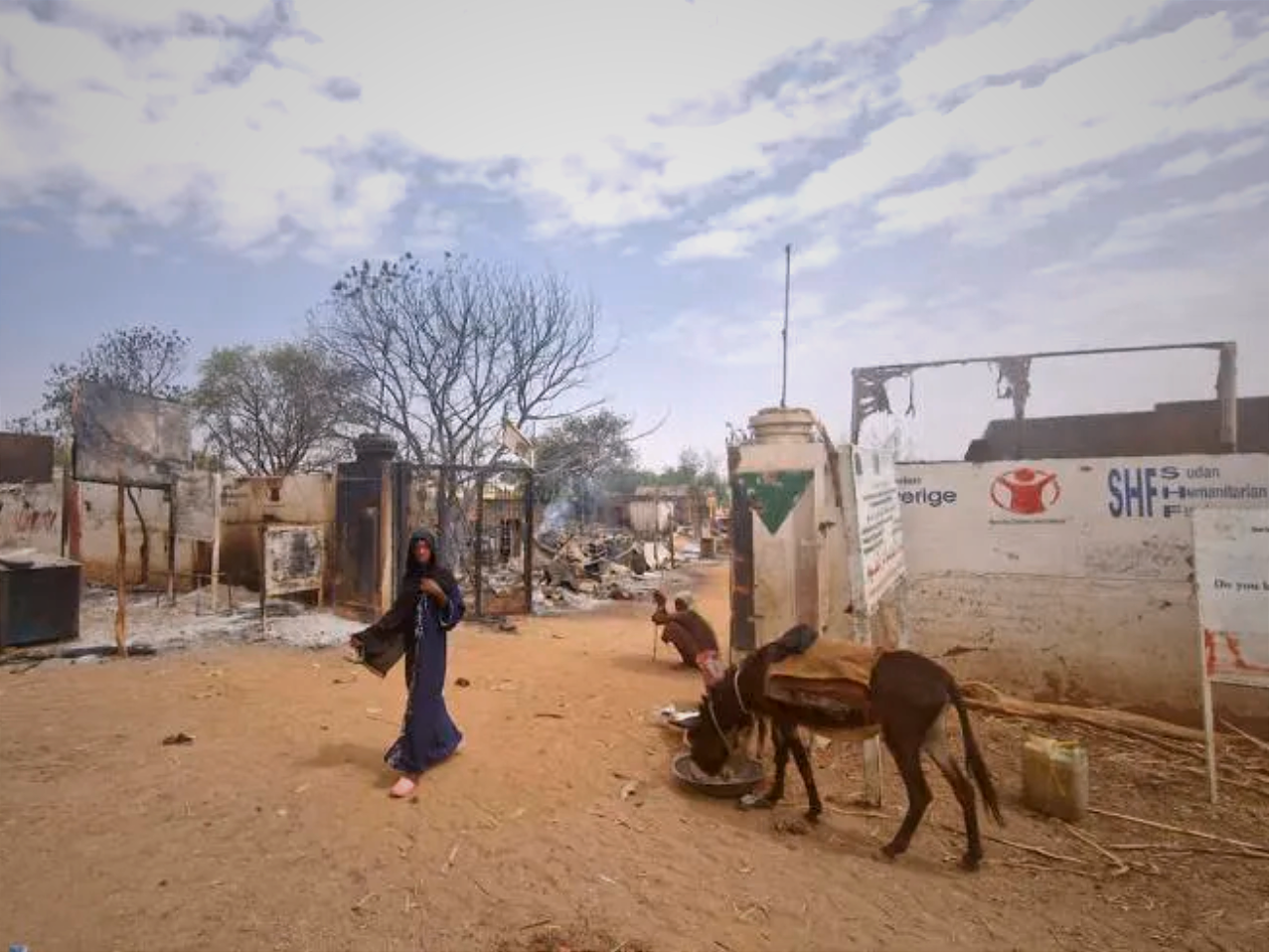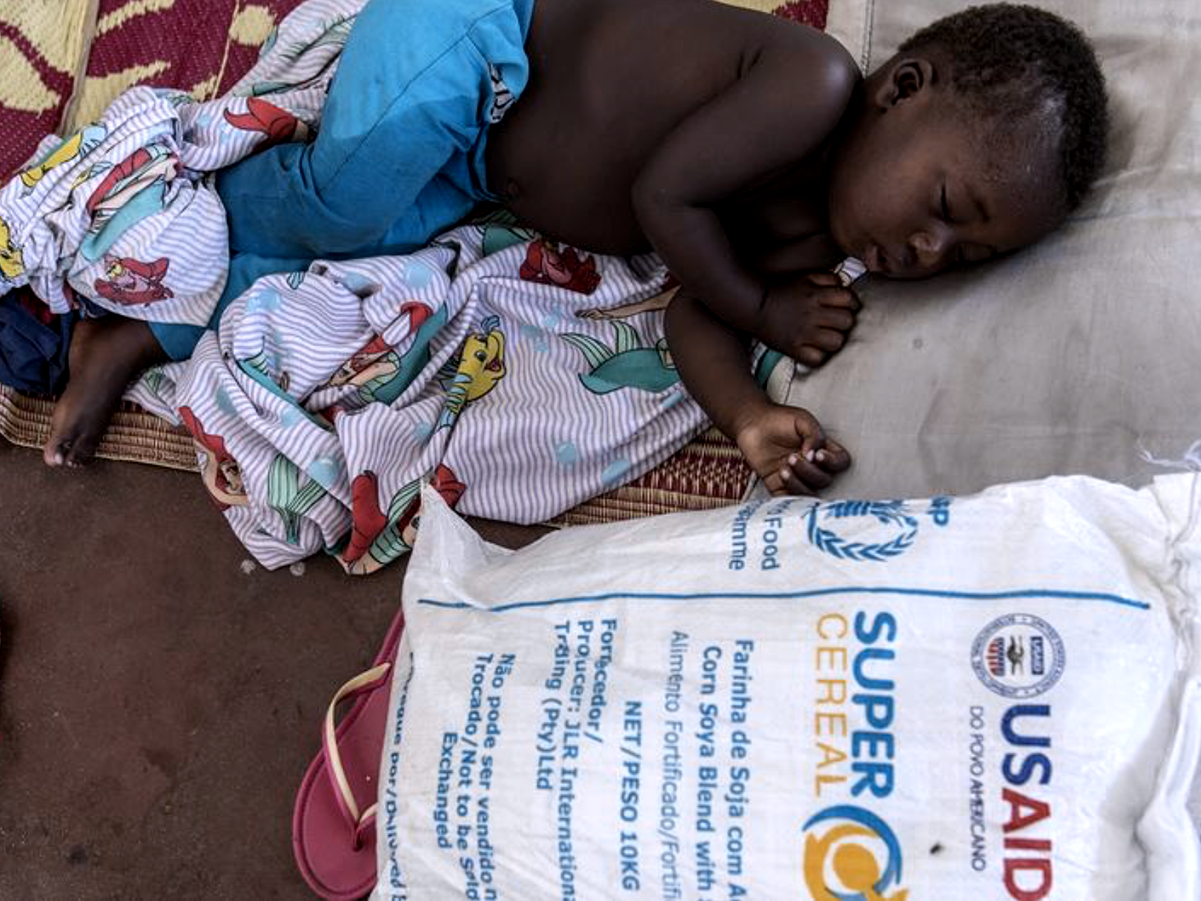Almost 300 million people will need humanitarian aid and protection in the coming year, an amount greater than the population of all but three countries, but only 60% are targeted for aid from the U.N. and its partners.
The U.N.'s global humanitarian appeal for 2024, which includes the world body and 1,900 organizational partners, will seek $46 billion to help the most needy 181 million people, U.N. humanitarian chief Martin Griffiths announced on Monday, due to what he described as the world budget shortfall in some time.









